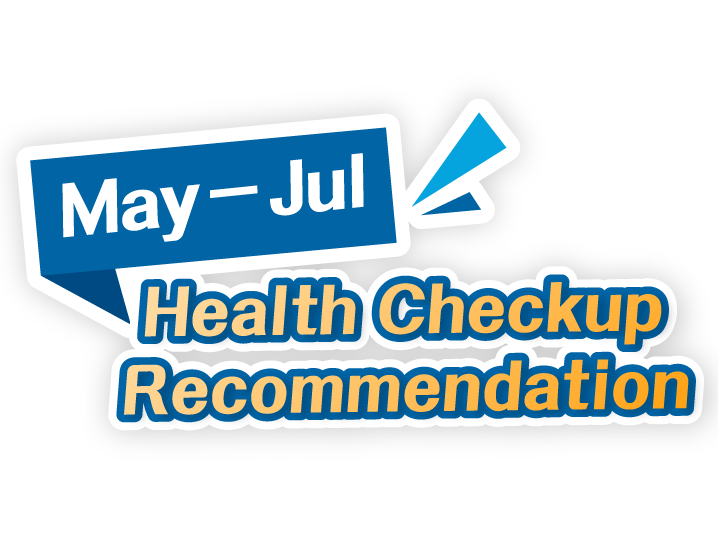- Home
- Chickenpox(Varicella)
Chickenpox (Varicella)
Chickenpox gets its name from the Latin word “cicer,” which means “chicken peas,” because the spots on the skin were supposed to resemble chick peas. Chickenpox is caused by the varicella-zoster virus, which is a type of herpes virus. Herpes simplex, which causes cold sores, and the Epstein-Barr virus, which causes glandular fever, are two more herpes viruses. The varicella-zoster virus, like other herpes viruses, lays latent in the body after the symptoms have gone away, but it can be reactivated. Varicella refers to the virus’s ability to cause chickenpox and zoster, as well as the reactivated variant that later causes shingles.
Chickenpox affects the majority of youngsters during their pre-school or early school years. Winter and early spring are the most common seasons, with extensive outbreaks occurring most years. Only approximately 10% of people survive to adulthood without being infected. The incubation period (the time between getting the virus and the emergence of the rash) is usually about two weeks.

Symptoms of ChickenPox
The rash progresses through four stages in children, from crimson spots flush with the skin surface to raised papules, small blisters filled with clear fluid (vesicles), and pustules that crust over and recover. However, the most common symptom that most parents and children notice is an itchy rash with several tiny blisters. New harvests of these vesicles appear over the first few days, mainly on the chest, back, and face. Vesicles in the mouth, on the eye, and around the genital area, as well as anus, can be excruciatingly painful. Before the rash appears, older children and adults are more likely to experience a fever, headache, or muscle pain. Chickenpox in childhood is usually a milder infection than chickenpox in adulthood.
Chickenpox is extremely contagious. If a child who has never had it before comes into contact with an infected person, he or she will very probably become infected. Children with chickenpox are contagious from two to six days before the rash appears, by which time the last batch of blisters should have crusted over.
The virus is transferred through direct contact with a person who has active chickenpox or shingles, or through indirect contact with vesicle fluid, saliva, nasal discharge, or other infected clothing or other things, or through the airborne distribution of minute droplets of infected mucous or vesicle fluid. Children should be kept out of school for six to seven days until all blisters have crusted over to avoid the spread of chickenpox. Shingles are not transmitted by chickenpox.
Complications of Chickenpox
Chickenpox is a debilitating condition that is almost invariably self-limiting. However, complications can emerge. A bacterial infection of the blisters is the most common. Antibiotics should be administered as soon as possible. Because the virus interferes with blood coagulation systems, there is some bleeding into the blisters. This is a short-term problem that can be readily remedied. Some children may become clumsy and unable to walk correctly throughout the rehabilitation process. Inflammation in a specific area of the brain is to blame. Although concerning, the symptoms will subside after the rash is gone. There will be no need for treatment, and the healing will be complete. The varicella virus can induce a serious case of pneumonia. When compounded by a secondary bacterial infection, this can be life-threatening, however it normally only affects adults.
If chickenpox is caught early in pregnancy, the varicella-zoster virus has a 2% chance of harming the fetus. The 13th and 20th weeks appear to be the most dangerous. In this case, the doctor will go over all of the hazards and how to tell if the infant has been affected. The baby is in danger of having severe chickenpox if the mother has the first signs of the rash in the days leading up to or after birth. This risk can be reduced by injecting varicella-zoster immunoglobulin into the newborn. This is made from blood donated by people who have had chickenpox and whose blood contains high levels of antiviral antibodies. The infant is unaffected by chickenpox in the second half of pregnancy, but not before the last week.
Those with a weakened immune system are also at risk of severe consequences from chickenpox. This covers cancer patients as well as those taking oral corticosteroid therapy (for example, people with severe asthma). If they have never had chickenpox, they should consult a doctor as soon as possible after coming into touch with the infection for proper treatment.
Except under extremely uncommon and extraordinary circumstances, chickenpox does not recur. One infection provides immunity for the rest of one’s life.
Treatment of Chickenpox
As chickenpox is often a benign infection, routine treatment aims to ease the symptoms. Itching and discomfort can be alleviated by wearing light clothing and taking warm baths or sponging. Calamine lotion applied to the spots or antihistamine tablets may also help; consult your doctor for further information. If the lesions are painful, paracetamol or ibuprofen can be used to reduce the temperature. Children under the age of 12 should not use aspirin as the combination of chickenpox and aspirin can harm the liver. Avoid scratching spots to prevent scarring. Antiviral medication is available, but it is only utilized in rare cases, such as when children are being treated for leukaemia or other cancers.
Within three to four days, the fever should have subsided and the rash should be healed. Vesicles in new crops are considerably smaller and do not fully mature. See your doctor if the fever persists or the rash spreads significantly, or if there is a general reddening of the skin or certain patches become angry and weeping, all of which indicate secondary infection.
Prevention of Chickenpox
The chickenpox vaccine protects against chickenpox and its complications. There are 2 doses in total. Before getting the vaccine, please seek medical advice.

